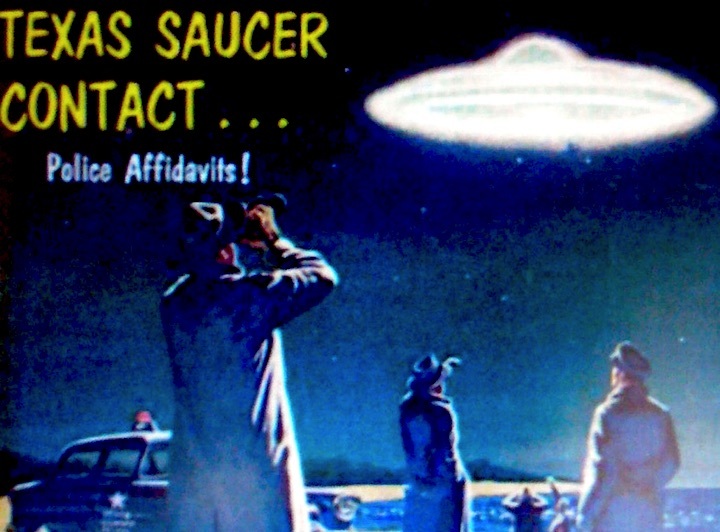3.11.2020


Billy Cox wrote an article about a recent video showing Alexander Wendt complaining about how science does not investigate/study UFO reports. I find it amusing that a political scientist, who is not an expert in any physical science, can be considered an expert on the process to scientifically study UFOs. One would think he would have talked to scientists to get their reasons why they choose not to study the subject. Instead, Wendt spent twelve minutes rehashing most of the same old UFOlogical arguments.
His main argument is that UFOs are a “taboo” for scientists. This is not entirely true if one actually reads what scientists have said about the subject. When writing about UFOs in the Condon report, Condon stated that he felt that nothing had been learned from studying the subject BUT if a scientist felt they could study the subject, with the hope of learning something, then they should proceed to do so. In 1997, the Sturrock panel, after being fed some one-sided presentation by UFO proponents, concluded that Condon was correct in that nothing had yet been learned by studying UFOs. Like Condon, they still encouraged scientists to find methods to study UFOs. They also warned UFOlogists about their objectivity in evaluating UFO cases.
When scientists are asked about UFOs, most seem to state essentially the same thing. They are not going to waste their time on the subject because their appears to be nothing there to learn. Scientists consider their time valuable and do not want to waste it chasing “will-o’-the-wisps”. It is up to UFOlogists to demonstrate that there is something more than “ghost stories” and that there is data that offers promising results.
If UFOlogy really wanted science to study the subject, they need to present data that can be quantified and analyzed. I agree with Wendt in that UFOlogists should establish a network of cameras and scientific equipment to record UFOs. However, Wendt incorrectly stated that scientists/the government are not doing this. While there are no “UFO networks” run by scientists or the government, there are multiple fireball networks, with all sky cameras, which are monitoring the night sky. One is even run by NASA. Unfortunately for UFOlogists, these systems record a lot of fireballs but do not record any UFOs that cannot be explained. The same can be said for all the security systems, dash cameras, traffic cameras, weather cameras, and every day cell phone users. People are able to record car/airplane crashes, space debris re-entries, meteors, and other brief events but are unable to adequately record UFOs, which, by most statistics, are usually visible for several minutes! Wendt, like many in UFOlogy, seems to ignore all of this potential data being available. The lack of any convincing evidence from these sources makes one question if UFOs are worth a scientist’s valuable time.
The Sturrock panel pointed out that those gathering UFO data need to do so by establishing proper scientific standards and to be objective when evaluating the information. A perfect example of how SOME UFOlogists can’t be trusted to do this properly was described in SUNlite 10-1. In that case, Rob Freeman and Marcus McNabb created a very sophisticated video recording system for recording UFOs. Their prize evidence was a video of an “orb” they recorded in British Columbia. Scott Brando determined they had recorded the International Space Station (ISS) and I agreed with this conclusion. Freeman and McNabb tried to debunk this explanation. However, they used the Two-line elements (TLEs) for the ISS from over a month after the event, which resulted in an incorrect trajectory, and improperly used a theodolite app on their smart phone, which resulted in improper azimuth values! In my article, I demonstrated how their methodology was flawed and proved the object was the ISS. Even the star fields matched up correctly. What Freeman and McNabb were doing was sensationalizing their video for their own personal reasons instead of actually performing proper scientific research. What was even more astounding was this ended up on MUFON’s top cases for 2017! If I am correct (and nobody has proven me/Brando incorrect),that means the second check by an organization, whiich is supposedly dedicated to scientifically study UFOs, was unable to properly analyze the case! Is this what Wendt wants to present to scientists?
The ball still remains in UFOlogy’s side of the court. It is up to them to present real data that scientists can examine that indicates there is some sort of signal in the noise of all these UFO reports. As the Sturrock panel noted in 1997, UFO promoters need to “up their game” if they want to get scientists interested in UFOs.
Quelle: SUNlite 2/2020
